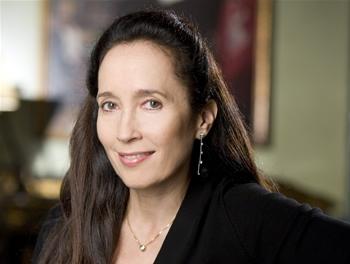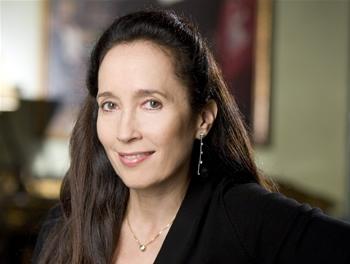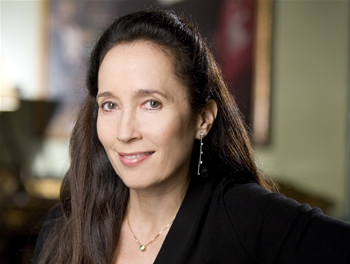Julie Jordan: ‘My Students at Juilliard are a Genuine Blessing’
The Juilliard School Evening Division piano teacher Julie Jordan invites you to her performace at Carnegie Hall.

Julie Jordan with her favorite musical instrument, the piano. Courtesy of Julie Jordan
|Updated:







